PATRIOTS HEAD COACH BILL BELICHICK CONFERENCE CALL TRANSCRIPT
**
Q:** Do you go into a game hoping to have offensive balance, but based on how things play out you may not, and in the grand scheme of things, it's not all that important as long as you win the game?
BB: Yeah, that's the most important thing. Again, when you go into the game, you have a lot of different plays and you're ready for a lot of different situations, but as the game unfolds sometimes there's a balance and sometimes it tilts more one way than another based on any number of circumstances. We try to do what we think is best and that's based on all the circumstances and the most important thing is to move the ball and score points offensively. If we're doing that, regardless of how we're doing it, we're doing a good job. If we're not, then we need to find a way to do it better. Balance isn't nearly as much of a concern for me as moving the ball and scoring points. That's really what we're out there for.
**
Q:** When you saw the Dolphins in Week 1 there wasn't much of a track record to prepare for. You knew the staff, but you hadn't seen this coordinator with this offense. Now that you've had a look at these guys, how has their offensive scheme changed, if at all, since then?
BB: I think it's [been] modified a bit through the course of the season. They haven't been much of a no-huddle team this year. Of course we know they have it and have to be ready for it and that could all change in one week. To this point they haven't done a lot of that. They use a lot of multiple receivers, [Charles] Clay is a mismatch guy in the game, which he hasn't always been in there, he's at times been available, but he's missed a couple games. He was back last week against Baltimore. He can do a lot of different things for them. He gives them versatility in the offense. It's a lot of three-receiver sets with [Jarvis] Landry, [Brian] Hartline and [Mike] Wallace and [Lamar] Miller has done a great job of running the ball. He's a very good back, hard to tackle, good speed, quickness, vision. He's a hard guy to bring down. I'd say they've done a good job in a lot of the games that they've won in being able to control the ball. They run the ball, short, possession passes, control the ball, make the defense play a lot of plays; put their defense on a long field and that's really what hurt us in the first game. We weren't able to create any negative plays, weren't able to play them in many long-yardage situations, weren't able to create turnovers. We got them in the first half when they dropped the ball, but once they stopped doing that, we weren't able to really cause enough and they just maintained ball control and stayed on the field and just ran too many plays. We've got to somehow find a way to get them off the field, get them in some longer yardage situations and make some third-down stops.
**
Team photographer, Keith Nordstrom, offers his best photos from the Patriots game against the Miami Dolphins on Sunday, September 7, 2014.
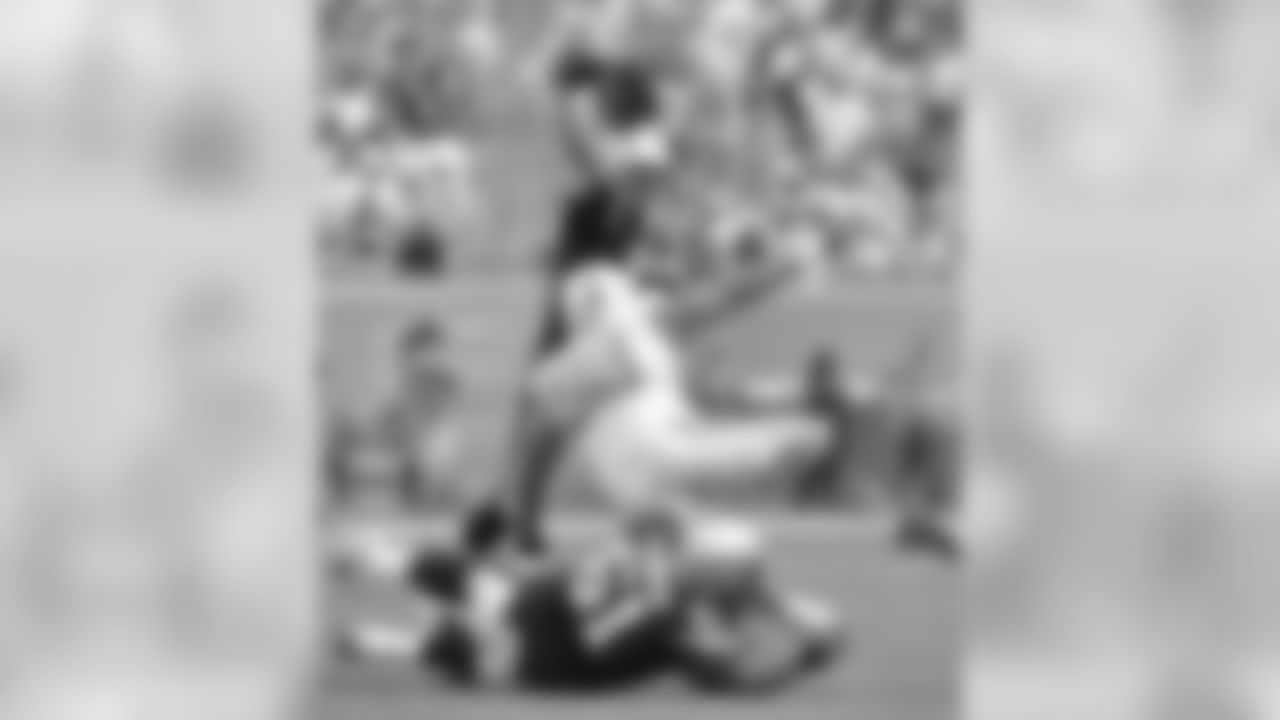
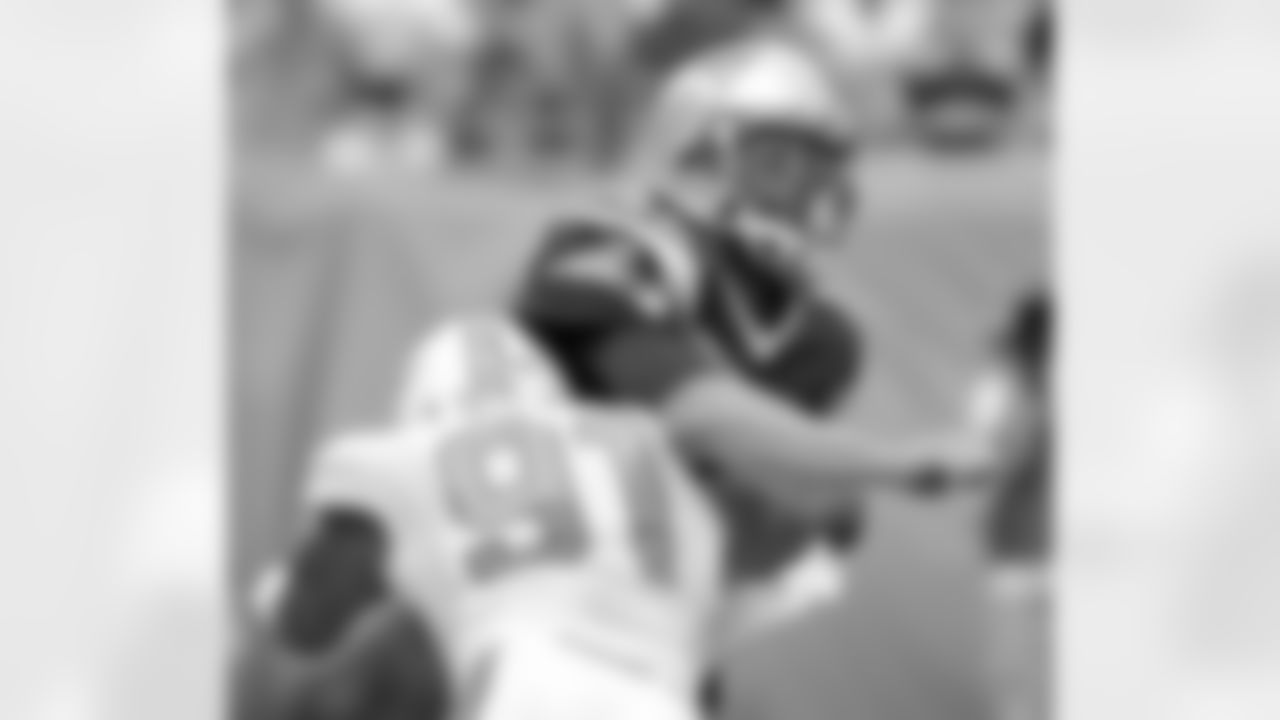
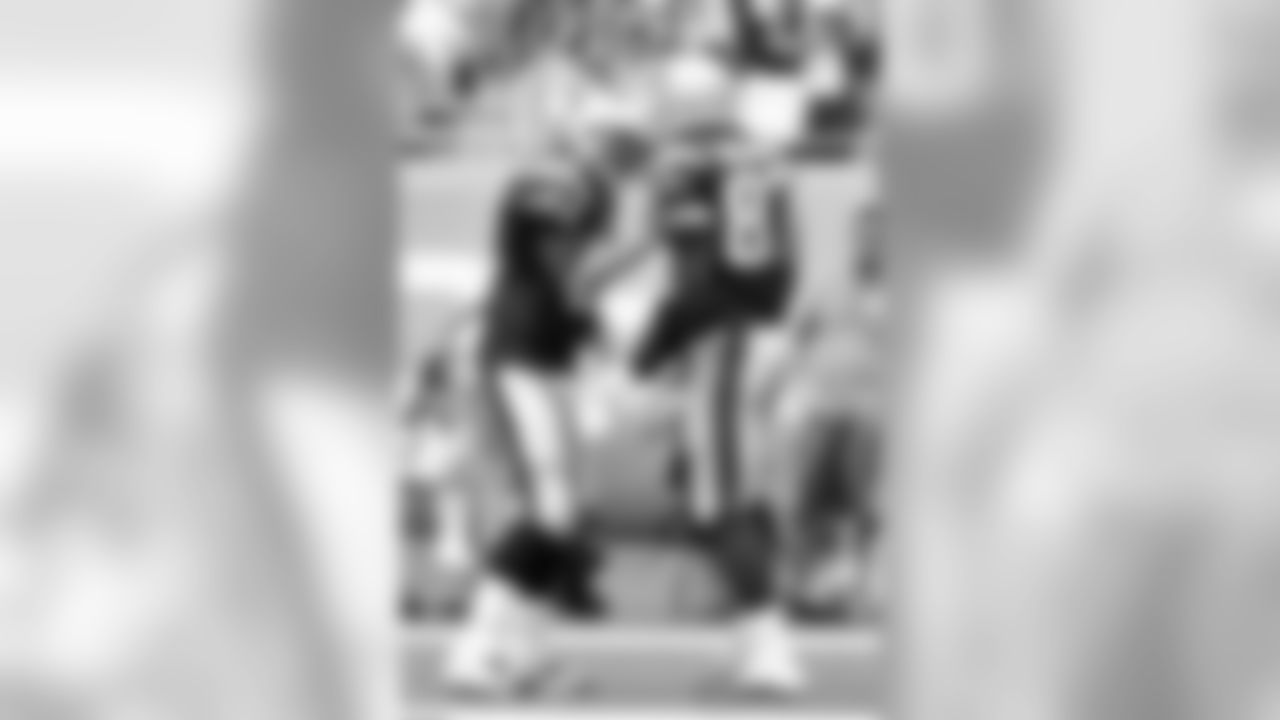
New England Patriots quarterback Tom Brady (12), tight end Rob Gronkowski (87) celebrate TD vs Miami Dolphins, September 07, 2014.
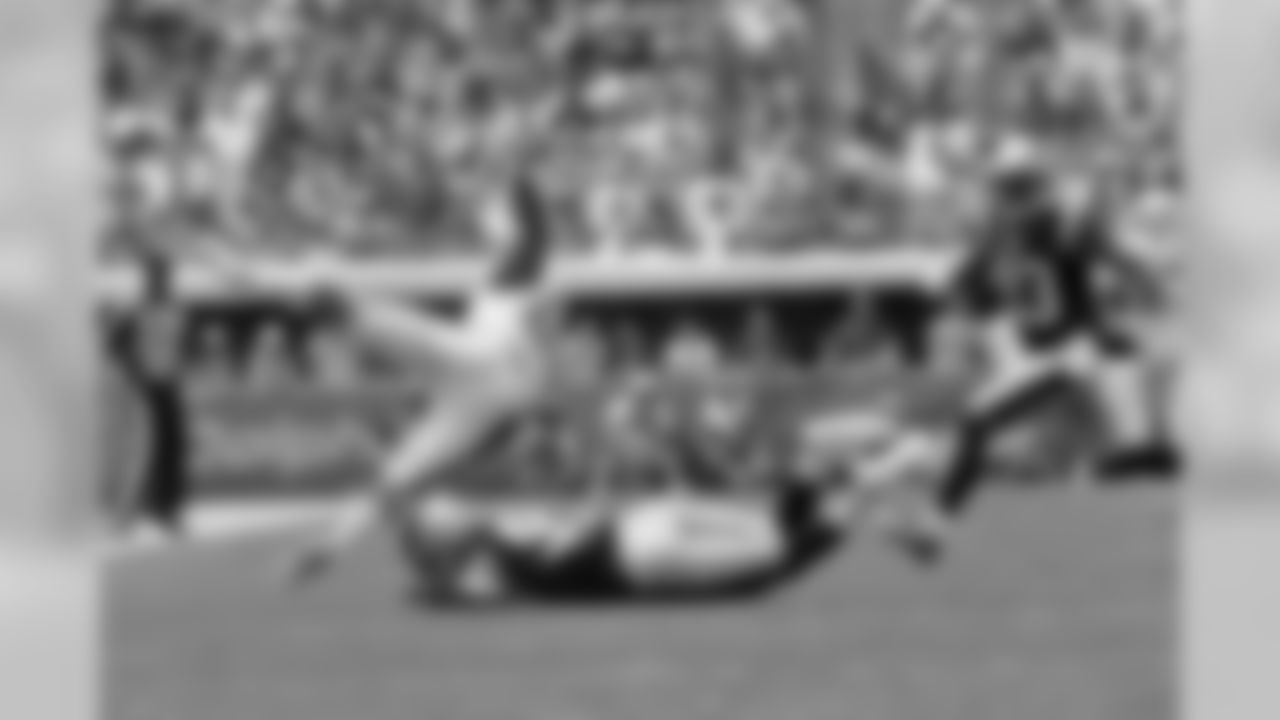

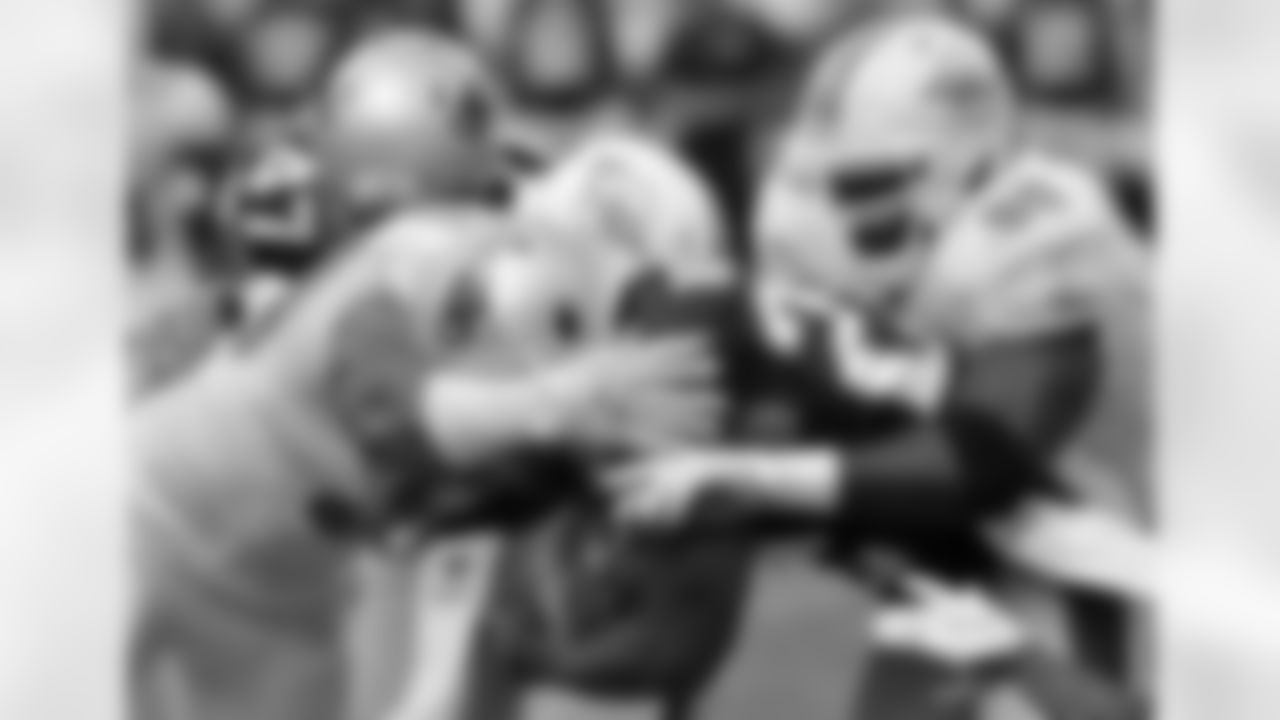


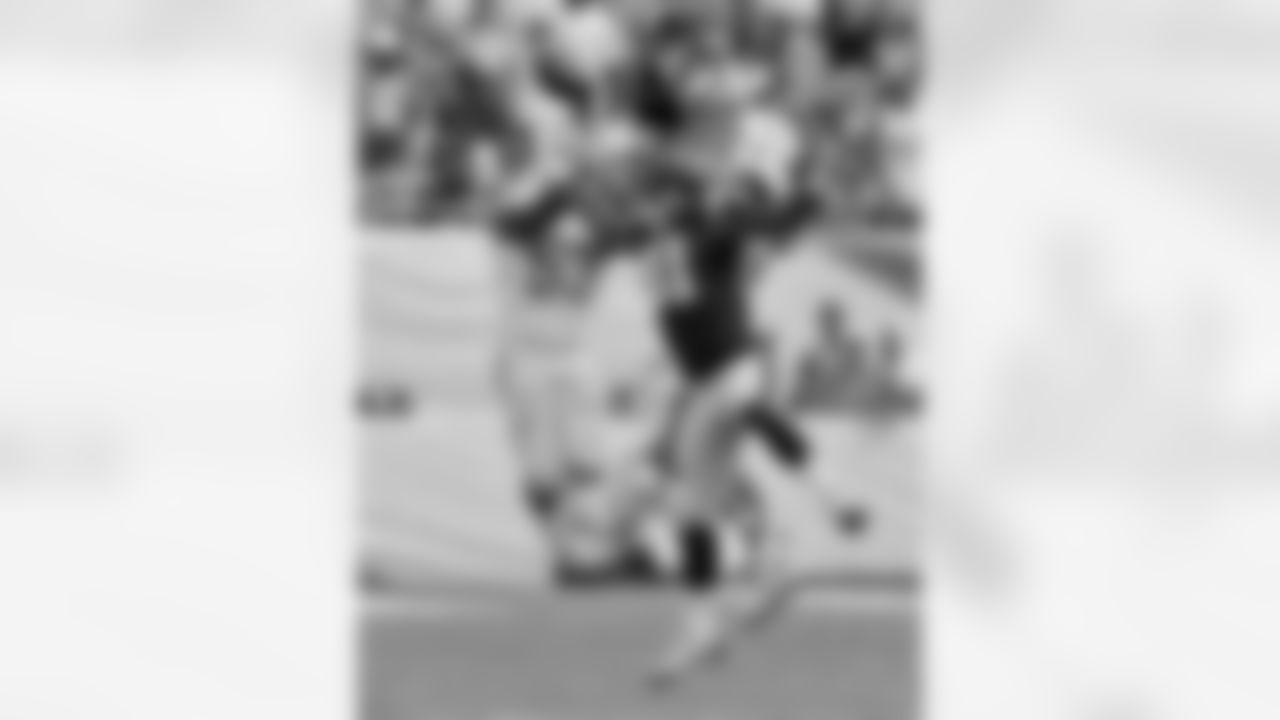
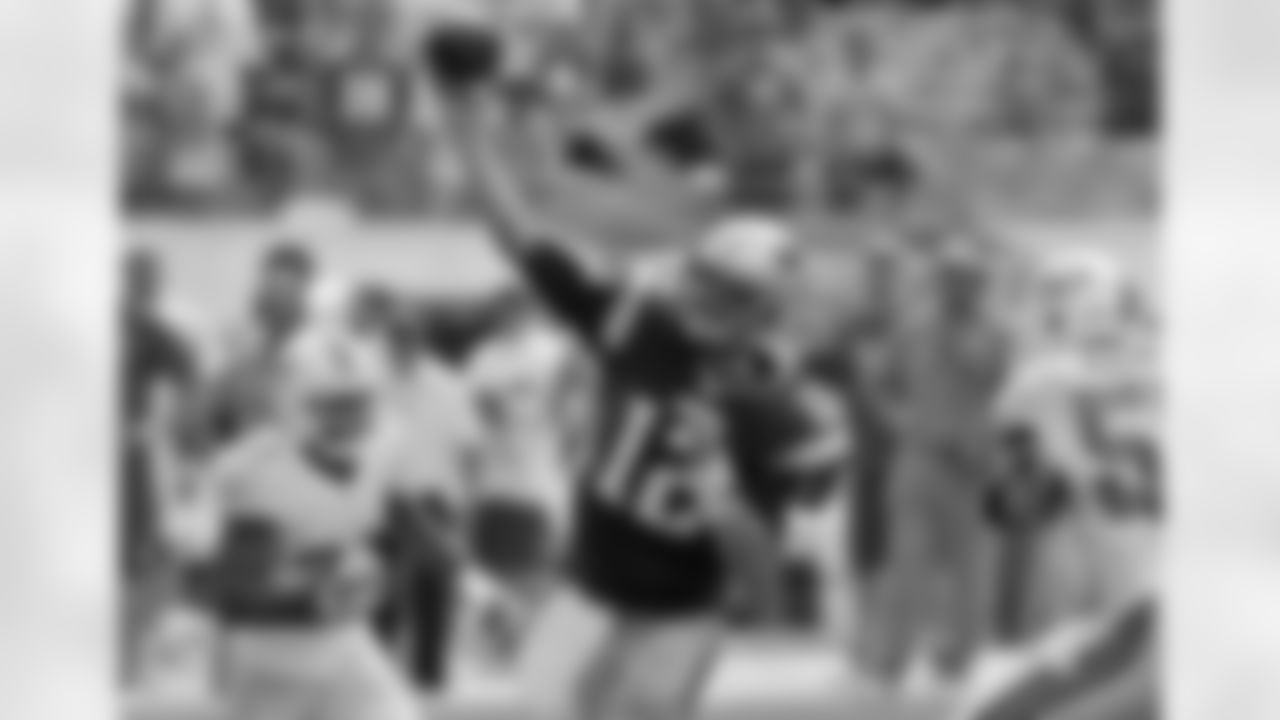




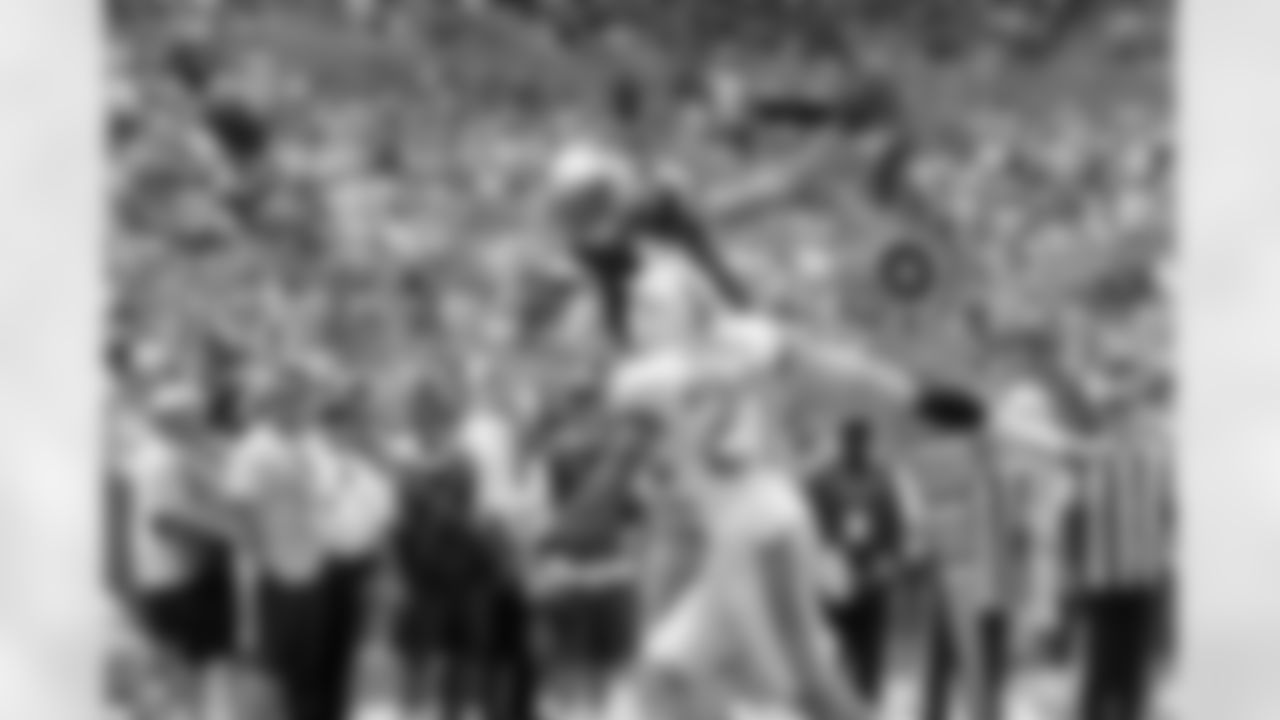
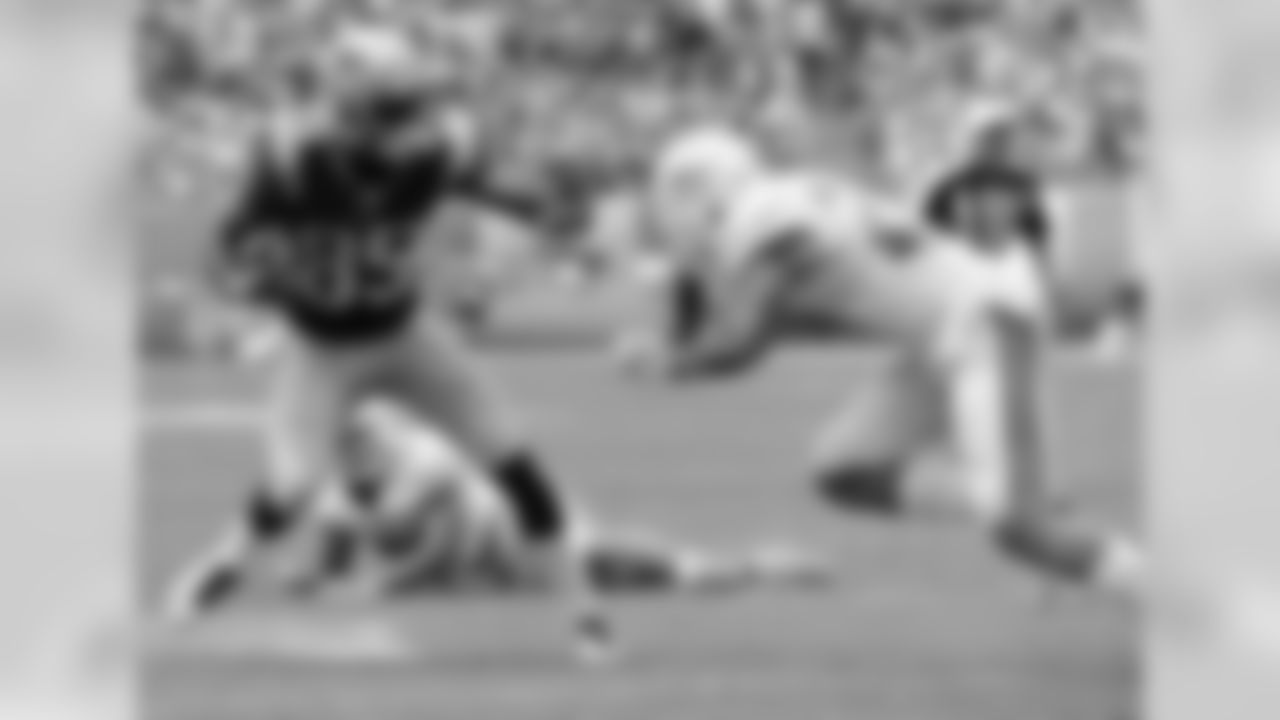

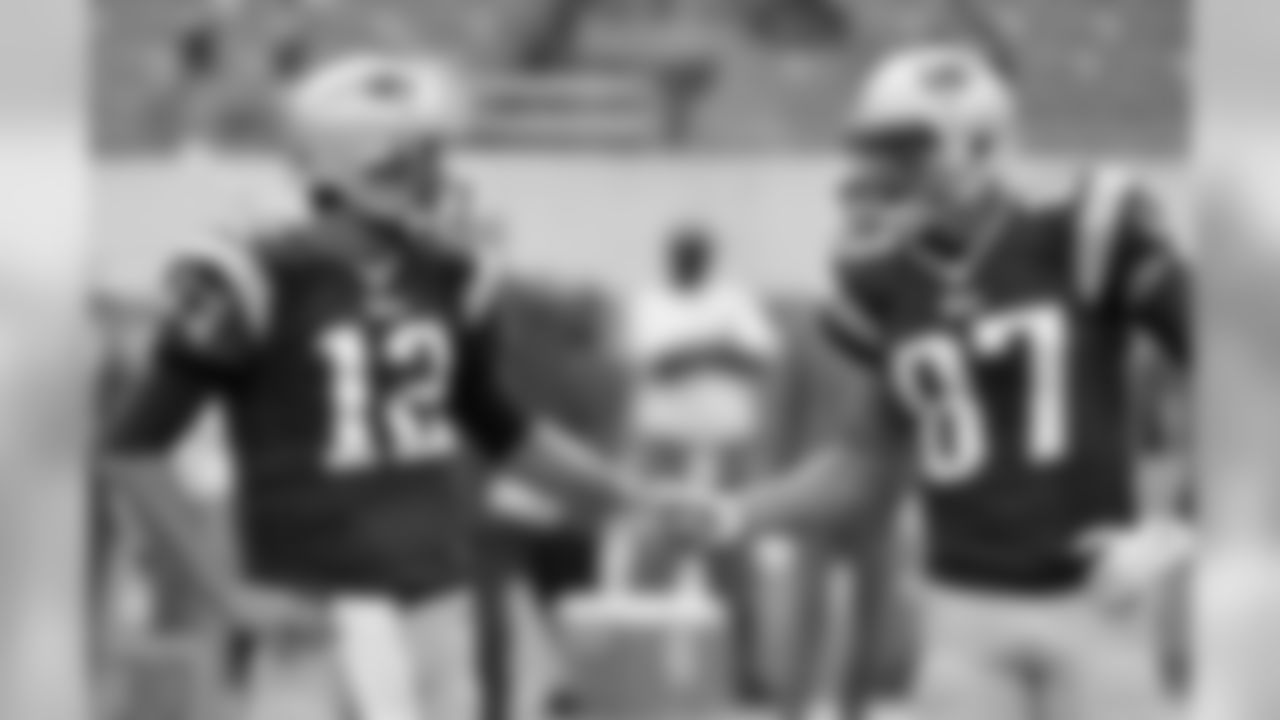
New England Patriots quarterback Tom Brady (12), tight end Rob Gronkowski (87) vs Miami Dolphins, September 07, 2014.

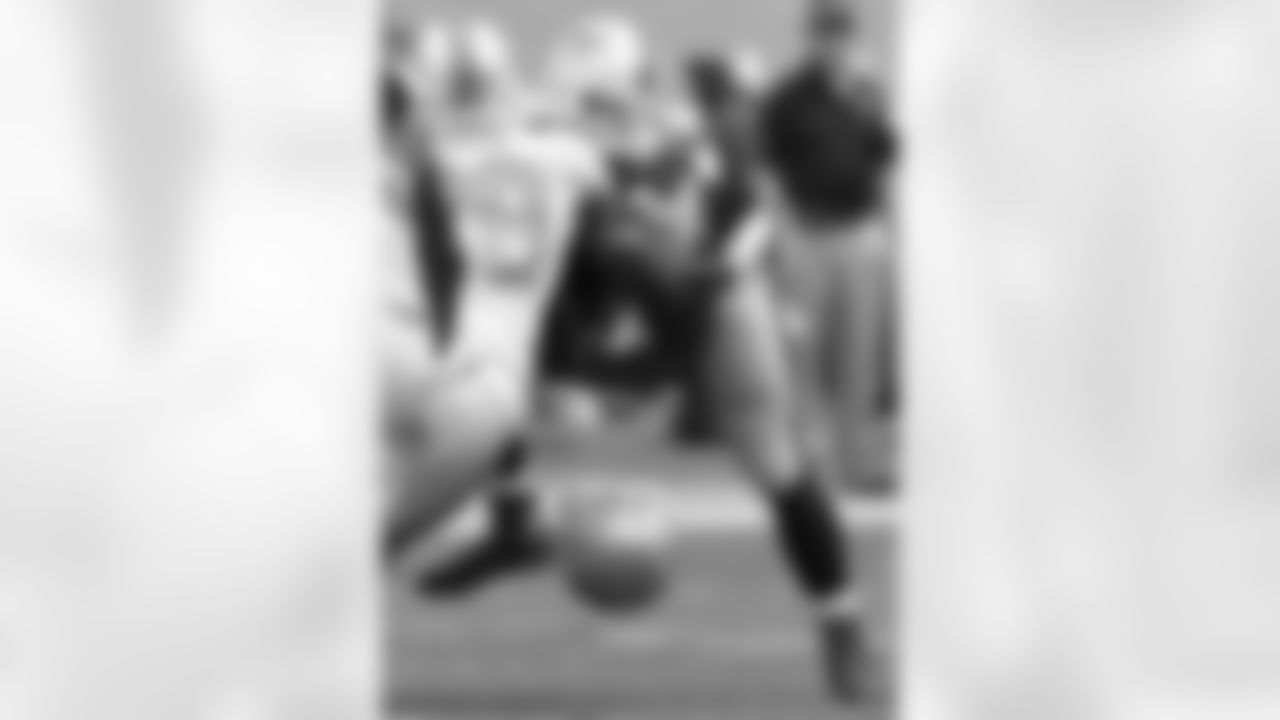
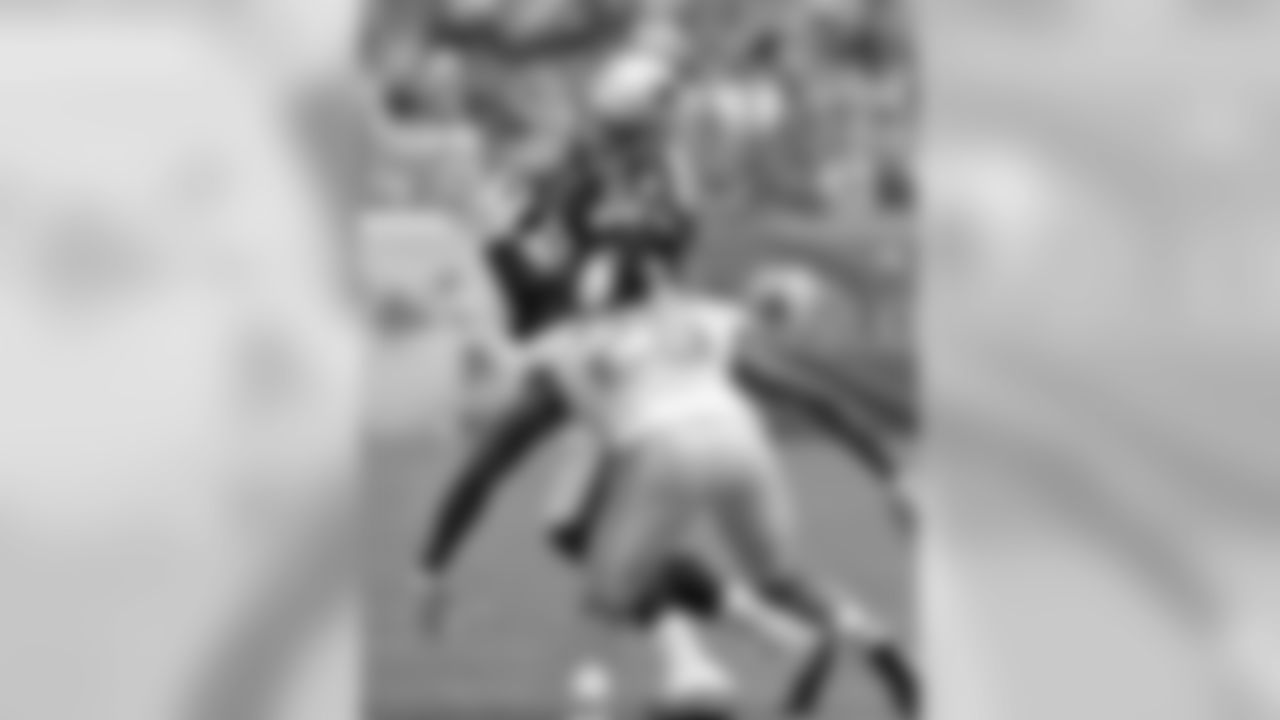
New England Patriots vs Miami Dolphins, September 07, 2014.
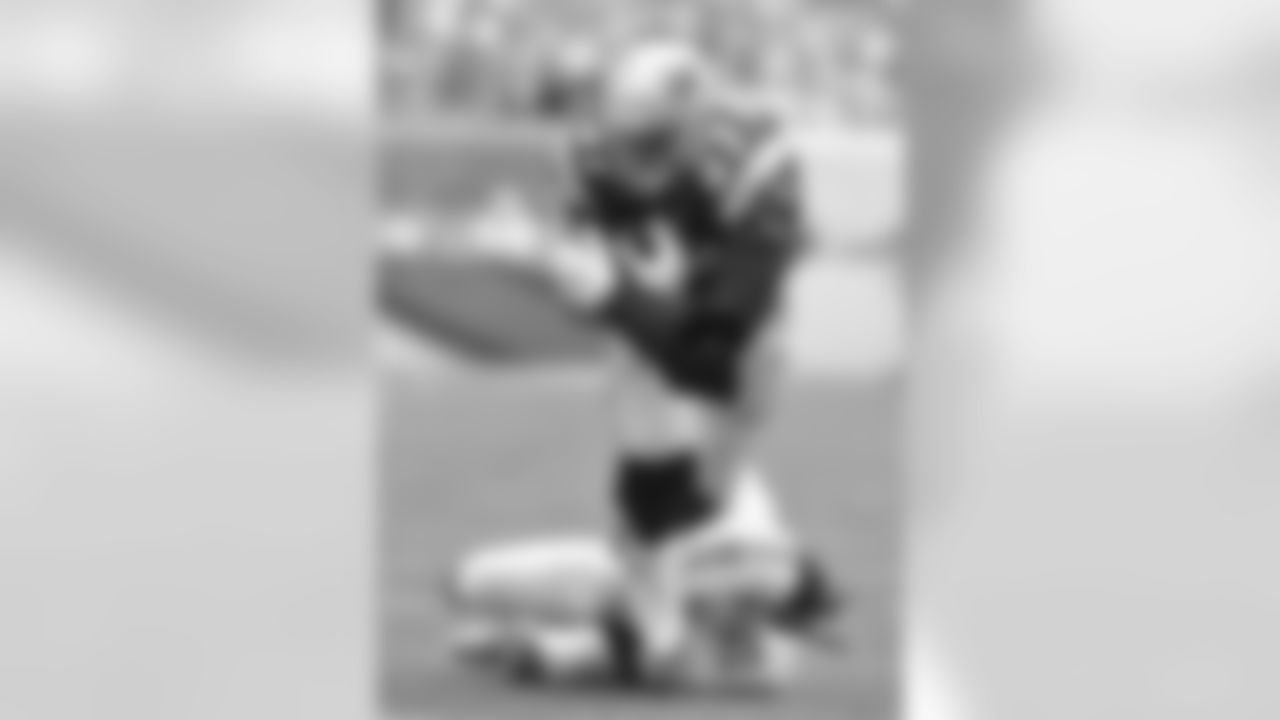
New England Patriots tight end Rob Gronkowski (87) is stopped by Miami Dolphins free safety Louis Delmas (25) during game September 07, 2014.
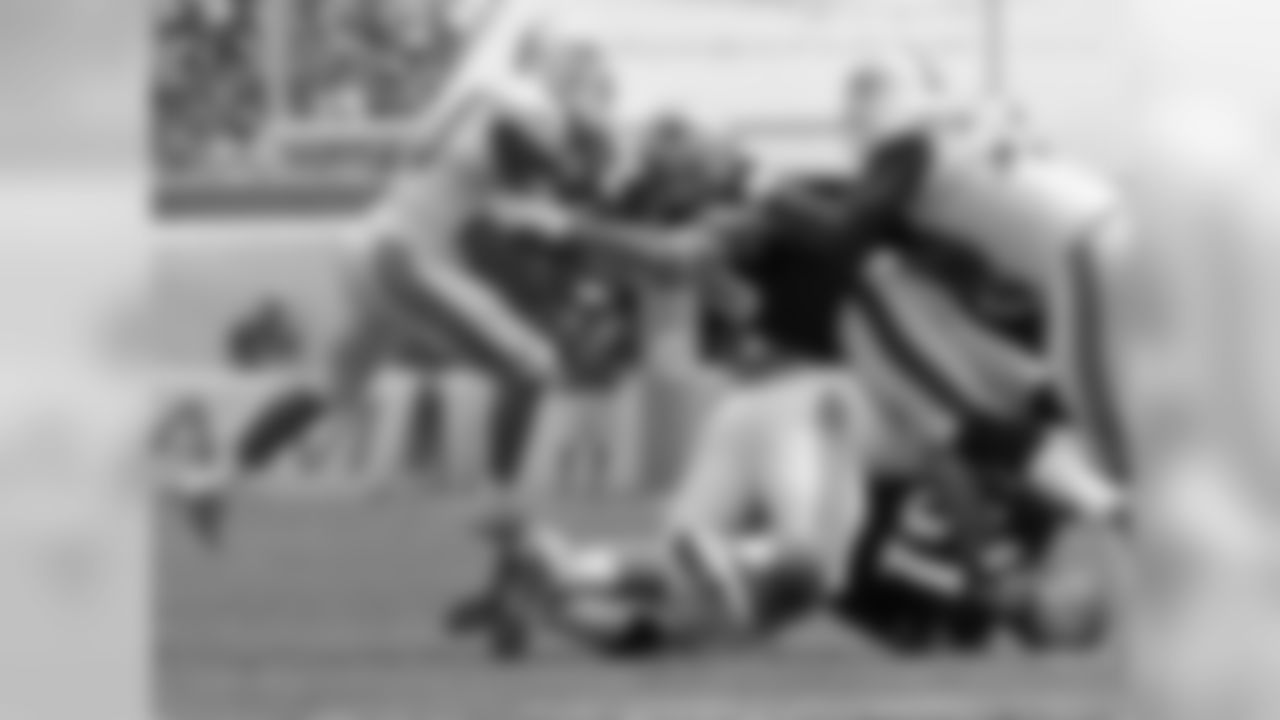
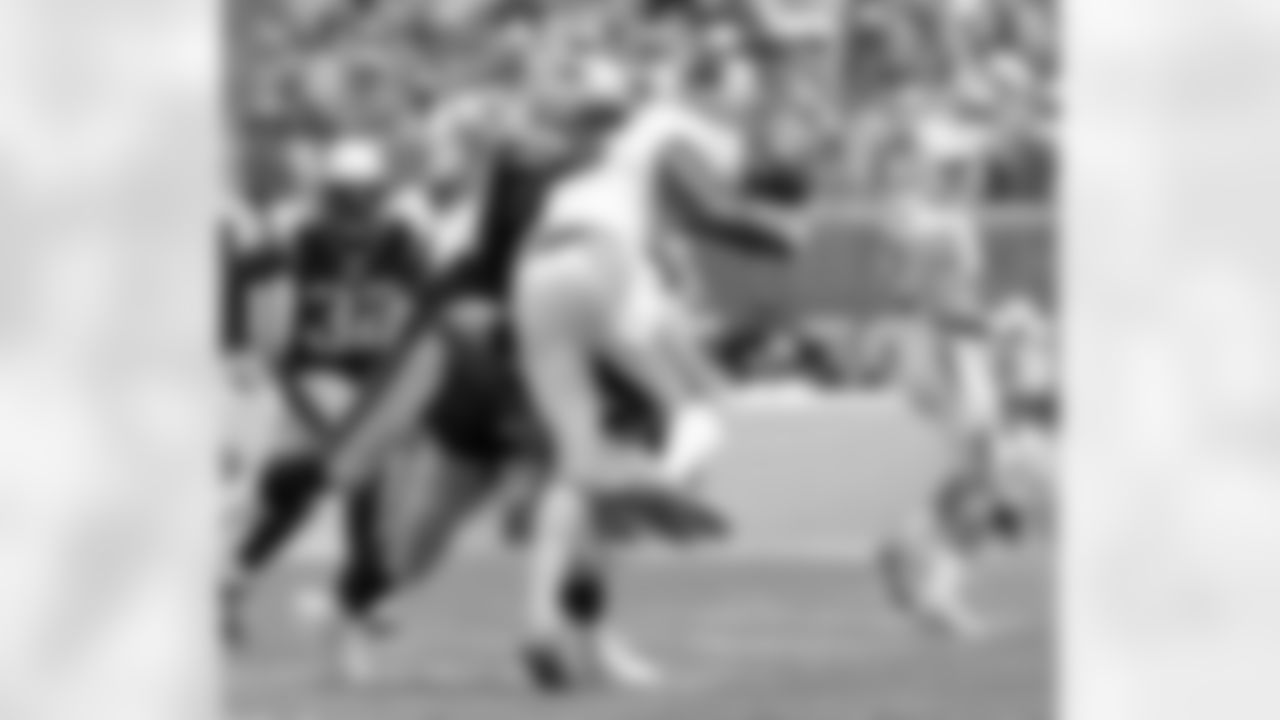
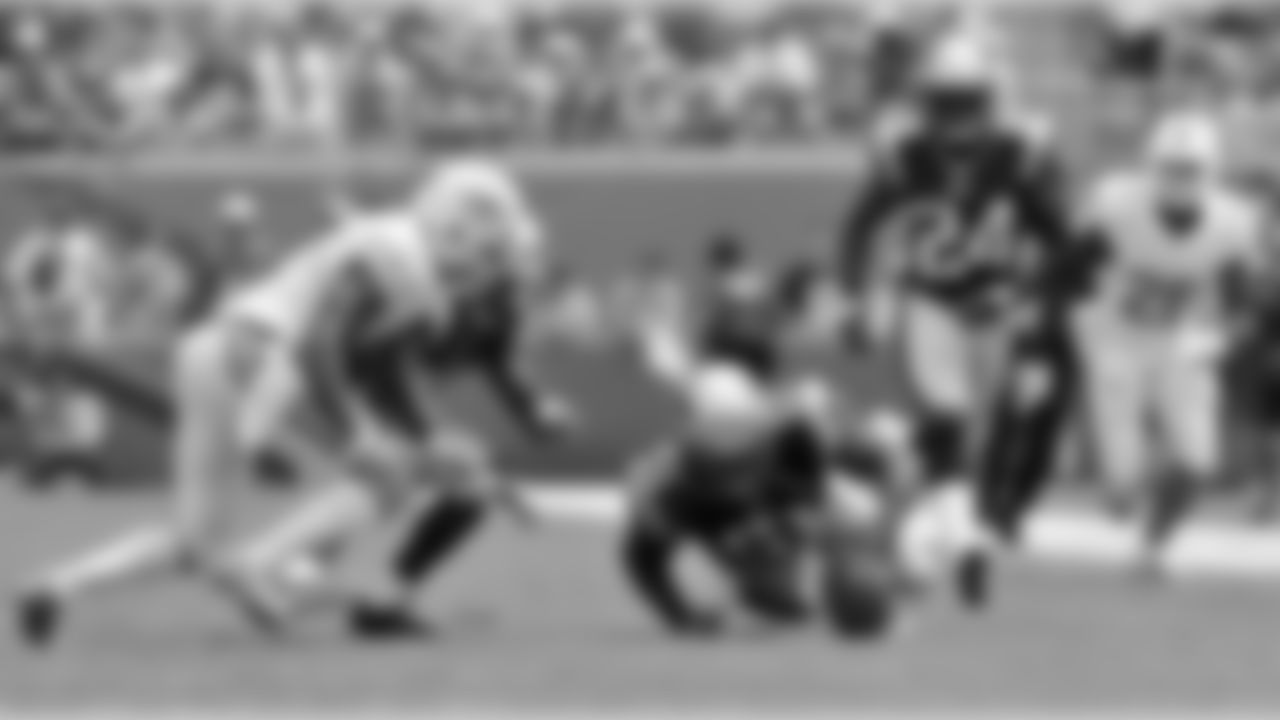
Q:** I'm just wondering about your time-tested belief that you've said in the past that football begins after Thanksgiving. Last week the Ravens made this great drive just before halftime and it was a real trendsetter in that game, turning that game around. Miami now is really playing going for broke. They play aggressively defensively it seems to me, with [Cameron] Wake and [Olivier] Vernon coming with pressure. Do they increase the pressure? Does a team like that stay in character for what they've done all season? Are there different things you go into for this game, expecting changes perhaps?
BB: I think they've been pretty consistent, really, throughout the course of the year in their variety of defense. They mix in some three-man rushes, they mix in some max-pressure, where they bring everybody, and then they do a lot of things in-between. There's a lot of four and five-man rush. Five-man rush comes from a lot of different combinations, could be a safety, a nickel back, a linebacker, sometimes it's two guys with a defensive end out in coverage. Some of that's split safety coverage; some of it is close safety coverage. Some of it is man; some of it is zone. Then they have all their four-man rush coverages and coverage variations. They're not the type of team that's just going to sit in one thing all day. They like to mix it up and keep you off balance. They've been, as you said, pretty successful, defensively, doing that. I wouldn't really expect that to change too much. In certain situations – third down, red area – they may have something special there, which they've done that, but I'd say for the most part they have a pretty extensive package. It has a lot of variety to it in terms of man, zone, how many guys are coming, which guys are coming that they do a good job of just keep on mixing it up on you so that you can't just dial in on one thing. It's the 14th week of the season. I don't think they're going to put in a new defense this week, any more than we would or anybody else would. They'll probably, maybe, modify some things that they're doing for a particular situation, but they've been pretty successful doing what they're doing. I don't think there will be a lot of changes.
**
Q:** Looking at what Ryan Tannehill has been able to do this season it seems like he's been taking care of the ball well. He takes a lot of sacks, but he's a very active passer. Can you evaluate where he is in the last five or six games, in contrast to the beginning of the year or where he's developed from since he's been at that spot?
BB: You know, again, I think that their offense, especially when they're in control of the game, is one that very much takes what the defense gives it. They go where it's light. A lot of the passes that they have are, again, plays that take advantage of a defense that's got a lot of guys in one part of the defense, maybe to stop the run or load up on one thing and they go somewhere else. There are a lot of bubble screens, there are a lot of look-type passes, slants, play-actions. The more of that you give them, the more of that they'll take. The less of that you give them, then the more they'll hand the ball off to Miller and their backs and grind it out that way. I think the biggest thing for Tannehill is in those running plays, most of the time, or a good part of the time, there's a quarterback part of the play, option part of the play, keep and he does that with discretion. But when he does it he usually hurts the defense. He's ripped off some big runs. I think the thing he does the best is control the game, manage the game, manage the offense. As I said, they have multiple options on a lot of plays and he is picking out the best one. I'd say he's done a pretty good job of that. As far as his athletic skills, I mean he's a very capable runner, scrambler, bootlegs, things like that. He can also stay in the pocket and throw the ball on third-down, two-minute situations or drop back passes if that's what they want to do. But it seems like most of the time; they don't want to just go back there and drop back and throw 45 times. It's usually in some combination of reads with another play; whether it be a running play or one or two running plays and some type of pass option to the perimeter if the defense is inside or something that would allow them to take a shot down the field if you have a lot of guys up close. He does a good job of getting them kind of where they need to be on that particular play.
**
Q:** You use the term game manager and for some reason that's become an insult to quarterbacks. What's your feeling on when someone is described as a good game manager –
BB: No, as I've tried to describe it, I think they give him multiple options on every play. I don't think it's – no, I think it means they're giving him a lot of responsibility. He's the one who has to, at the line of scrimmage, get them out of a bad play if that's what's necessary and then after the ball is snapped decide what to do on the play whether it's hand the ball off, keep it, keep it and throw it as the third part of the option, which some of their plays have. I wouldn't, I think that's a lot of responsibility to give a player. Obviously they have a lot of confidence in him and he does it well and has done it well. Getting the team in the right play and then making the right decision after the ball is snapped is about as much responsibility as you could possibly give a player. I mean, what else could you ask him to do?
Q: Your team has an opportunity to clinch the division Sunday, will you address that with your team at some point this week? If so, what will you tell them?
BB: I mean, we wouldn't waste a lot of time on that. It is what it is. It's what the standings are. So, we'll probably cover that in about 15 seconds and move on to Miami. That's what we need to talk about. We need to talk about how to play offense, defense and special teams against the Dolphins a lot better than we did the last time we played them, which wouldn't take much. But we need to do a lot better job. We need to coach better, we need to play better in every phase of the game. We didn't do anything down there well enough to deserve to win. Those are the results. If we don't do a better job than we did the last time then I'm sure we'll have the same results, maybe worse. We're going to have to do things a lot better than we did in the opener. That's what we'll be talking about this week: what to do and how to do it. Hopefully we can have a better game plan, do a better job preparing the team and the team can do a better job performing and playing than all of us did the last time we played them.
**
Q:** When 14 weeks have passed between playing the same team, what factors into deciding to change the game plan versus deciding to just execute your game plan better based on the opportunities you had when you saw them on game film?
BB: Yeah, I think it will be a combination of both. We've looked at the first game. I think some of the things we did, we had some success with or we kind of felt like it was the right idea. Maybe we needed to execute it better or coach it better, but we kind of had the right idea. There were some other things that I don't think we really want to run this time around based on where we are and maybe based on watching them play 13 games and seeing how they've attacked or defended different things over that period of time. Some things they've continued to have trouble with. There are a lot of things they've shut down pretty well. We certainly know a lot more about them than we did going into opening day and I think a lot of the personnel positions are one way or another more defined. In some cases, it's due to injury and some players are out of the game. In some cases, other players have emerged or have taken a bigger role, again, for some reason or another, or weren't even on the team then – [for] both teams. That will play into a little bit, too. There are a lot of moving parts there. The basic answer to your question is I think it's a combination of both. Some things are the same; some things we'll want to continue to emphasize against them, but things are maybe a little bit different and we'll want to modify that somewhat.
Q: Is roster change, like injuries, the biggest factor in that decision?
BB: No, I wouldn't say it's necessarily all injuries. We acquired guys like [LeGarrette] Blount, [Jonathan] Casillas, [Alan] Branch, [Akeem] Ayers, guys like that that weren't even part of the conversation the last time we played them. They have guys like [R.J.] Stanford, as an example; Don Jones. He was on our team, now he's on their team. Those guys are in different places than they were in that game. Some of it is injuries; some of it is just player movement in the National Football League, like every other team in the league has. There's no team that's the same as it was 13 weeks ago from a personnel standpoint. It doesn't exist. The other team will talk about changing and the other team that they're playing has changed. That's the way it is with these two teams, with Miami and New England.
PATRIOTS OFFENSIVE COORDINATOR JOSH MCDANIELS CONFERENCE CALL TRANSCRIPT
**
Q:** On Sunday night, there was a sequence on the first drive where you had second-and-goal from the one-yard line. What did San Diego show you that you felt that the best option on that play was to throw the ball?
JM: We always go into the game with an idea of what we want to do on the goal line first – short-yardage first, our first third down call, third-and-two-to-five, third-and-whatever the distances are – and we had discussed that prior to the game. We made our call, and unfortunately it got tipped there at the line of scrimmage. In hindsight, you always do that as a play-caller. I'd love to see what would have happened had we just called something different and tried to go ahead and get it in. They're good down there on the goal line defensively, but you always want to end up with points, and since we didn't, you always have an opportunity to second-guess yourself. Running it there obviously is a definite option for us. Who knows what would've happened had we done that, but you definitely look back and wonder what might have happened had you done that instead of what we did do.
**
Q:** How much leeway does Tom Brady have in changing the play inside the 10-yard line?
JM: There are definitely some situations where there is a lot of leeway. When you're on the goal line, it's not a mystery what defense they're going to be in. Most teams have one goal line defense that they line up in. You know what it's going to be, they know you know what it's going to be, and you go out there and make your calls. There are definitely opportunities there inside the 10, I would say we have, whether it's two calls in the huddle or the potential to move out of it. Down there on the goal line, it's usually very loud and noisy anyways, and that's a situation where you usually make a call and you live with it. That's really the story on that.
Q: There was a sequence in the first half where you went the first eight plays of a drive with no back on the field. What goes into the decision to use that formation?
JM: You definitely have things in your game plan you can use to change up, or in our case, just to use in general as a productive way to try to move the ball. We were certainly moving the ball well in the first half the other night, and that was just something we chose to use along with the other things we were trying to do. Whether we have backs in the game, tight ends, receivers, certainly depending on the people you use in those empty formations, it could definitely change the patterns that you're capable of running or not running in that case. It was just something that we used, and it gave us some production there. Like I said, we always have different things ready and available for ourselves to use when we need to. The other night, that gave us some production there in the second quarter.
**
Q:** The offense was pretty productive in the first 30 minutes of the season opener against Miami. What stood out to you as the difference between the first and second half of that game?
JM: We played the first half in an optimum down-and-distance situation most of the time. We were ahead on the sticks, maintained good balance, didn't have a lot of negative plays that were critical and really hurt our ability to stay out of those long-yardage situations. And then in the third quarter, especially, we really put ourselves behind the eight ball with some of those things. Against this defense, they're so talented at all three levels. They have playmakers that can do different things. The rush, the linebacking corps in terms of their blitzers, their secondary in terms of their coverage and blitzers – this is a group that you don't want to play the game that way against. And they're very disruptive when they can control the game and put you in that type of a situation. Unfortunately for us in the second half, that's what we ended up playing most of it in. Certainly, [there is] a lot to learn from that first game. We made a lot of mistakes and didn't play very well for 60 minutes, so we're going to have to do a lot better this week against a really good unit.
**
Q:** Miami seems to be very aggressive with their blitzes with Cameron Wake and Olivier Vernon and their secondary. Given their situation now, will they go more for broke in this type of game putting additional pressure on the quarterback? Second of all, their secondary seems to be uneven. Some plays they look amazing and on other plays, they have breakdowns. Is that something you will look to take advantage of?
JM: They're a team that they don't have to blitz to get pressure on you, which I would say is a great luxury. There are teams in the league that need to pressure more to create issues for the quarterback in the pocket. This team doesn't have to do that. They have really good edge rushers, they have good interior rushers. Their whole group has been productive up front. This is as good a group as we're going to play in terms of the depth of it and their effectiveness in terms of getting to the passer. We're going to have an issue. We've got to handle them up front, block them, allow the quarterback time to throw when they don't pressure. I would say to compound that is they have a creative blitz scheme that creates a lot of issues for you when they choose to do it. Depending on the type of game he wants to make it – Coach [Kevin] Coyle – you could see a lot of pressure, you could see very little blitzing. Usually there is going to be something in the middle, and like I said, they have the luxury of not having to do that in order to create pressure on the passer. We'll have to get ready for both, and be ready to deal with whatever they choose to do defensively, but they're very effective doing it either way. And the secondary, to me, this is a group that's in the top five in yards allowed passing. They're one of the top teams in the league in terms of sacks. The amount of big plays they've given up in the passing game is few and far between. They're also in the top five in that category as well. I think that's a combination of good coverage, discipline in the deep part of the field with their safeties and corners in coverage. They don't let a lot of teams get behind them. And you don't have a lot of time to hold the ball because the rush is so good up front. There are a lot of issues they give you in the passing game as you're preparing for them. We're going to have to have a great week of preparation. We're going to have to play a lot better than we did in the first contest.
**
Q:** I wanted to ask you about Nate Solder. The nature of the position is that you might play 50 snaps well and then two might not go your way, and it stands out. There were a couple plays where it looked like he struggled with Melvin Ingram and Dwight Freeney. On the first drive, what was the technique error there? Was it on his pass set, where Ingram was able to knock him out of his stance? And then the second one, where he got spun around – I was curious where that went wrong technique-wise. And just in general, how do you feel about his work? Is this a situation where a couple plays may be overshadowing his solid work overall?
JM: I think both of our tackles have been playing increasingly better as the year has gone on and I'm really happy with what they've been able to do. Certainly, they have to block a lot of marquee players on the edge that their job is to sack the quarterback. Our tackles have to do a great job of protecting the spot for Tom [Brady] to be able to step up and throw. It's a great challenge every week. San Diego was no different. Ingram and Freeney and Jarret Johnson and the guys that they were dealing with there have great motors, different styles of rushers. And I would say in terms of overall technique, that's a position where, depending on who the rusher is, you may approach it a little differently. If you're off balance, if you get caught with the guy underneath you, certainly when you throw the ball 40-some times in the game, there are a lot of times and a lot of opportunities for that guy to try different moves and things to counter what's not working. I thought Nate did a good job of responding. The guy made a play on us on the first drive, and like I said, there are going to be times where that happens. We have to do a good job of trying to get the ball out on time. We can't hold the ball for six seconds on every pass, and we don't try to do that anyways. It's a constant battle. You've got to be good with your hands, you've got to be good with your leverage, you've got to be on balance and try to take the guy inside out. Again, there are going to be some good players on the other side of the ball that every once in a while they're going to get you. That's why it's a team game, and the quarterback knows that those guys are going to make some good plays as well and usually does a good job of getting the ball out of there and helping those tackles out once in a while when they need it. I'm very pleased the way those guys are playing. I think they're doing a nice job on some really good players, and they're going to have an incredible challenge on their hands this week with the guys we're going to see on the edge from Miami.








































